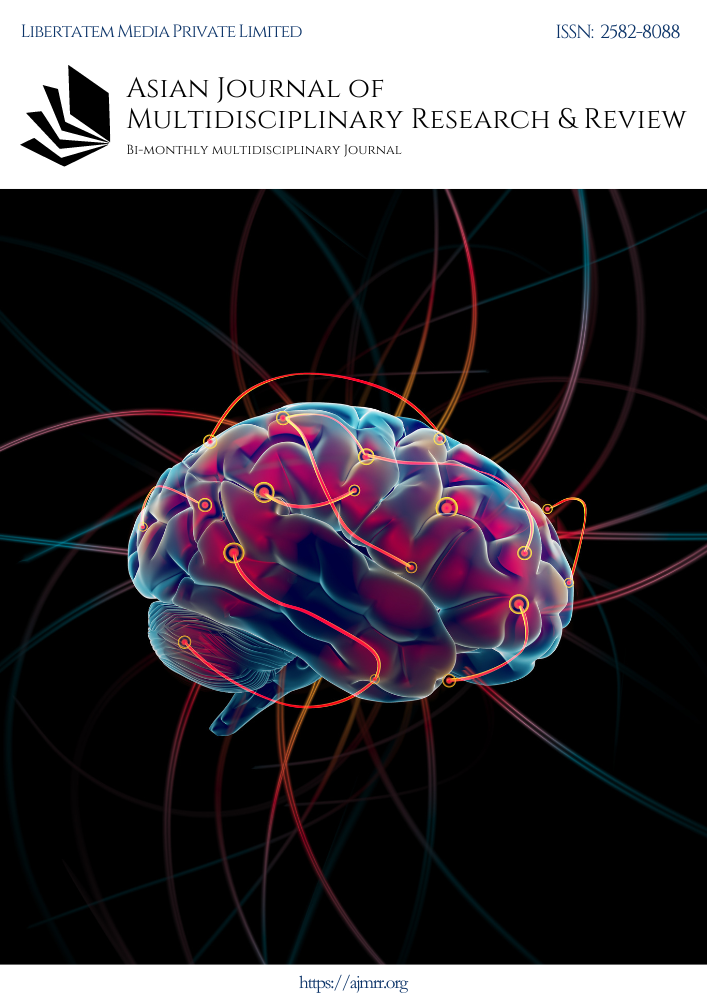THE ROLE OF ALTERNATIVE DISPUTE RESOLUTION IN RESOLVING WORKPLACE CONFLICTS
Abstract
Most of the Multinational Corporations, businesses and corporate offices are well equipped with world class facilities, quality infrastructure and other employee friendly codes and policies as one’s workplace is considered to be his second home. When one spends seven to nine hours a day at a place every day, new relationships and bonds are bound to be created, voluntarily or out of their own will, due to which disagreements and misunderstandings may also arise.
The course of action and remedies for such disputes usually include approaching the labour court, tribunal or national tribunal. But these resolution techniques may be very lengthy, costly and tedious. However, alternative resolution methods such as arbitration, conciliation and mediation are very effective in terms of time, cost, confidentiality and methodology implemented. The 2020 managing conflict in the modern workplace research has figured out that 23% of employers use internal mediation by a trained member or staff to resolve workplace issues and disputes that an organisation might face. Wittenberg stated that many disputants, courts, public agencies and legislatures in the USA are welcoming the enforcement of ADR in employment related disputes in the USA. Similarly, the settlement rate for labour and industrial disputes is 85% in the USA as according to slate.
Downloads
Downloads
Published
Issue
Section
License

This work is licensed under a Creative Commons Attribution-NonCommercial-ShareAlike 4.0 International License.
License Terms
Ownership and Licensing:
Authors of research papers submitted to the Asian Journal of Multidisciplinary Research & Review (AJMRR) retain the copyright of their work while granting the journal certain rights. Authors maintain ownership of the copyright and grant the journal a right of first publication. Simultaneously, authors agree to license their research papers under the Creative Commons Attribution-ShareAlike 4.0 International (CC BY-SA 4.0) License.
License Permissions:
Under the CC BY-SA 4.0 License, others are permitted to share and adapt the work, even for commercial purposes, as long as proper attribution is given to the authors and acknowledgment is made of the initial publication in the Asian Journal of Multidisciplinary Research & Review. This license allows for the broad dissemination and utilization of research papers.
Additional Distribution Arrangements:
Authors are free to enter into separate contractual arrangements for the non-exclusive distribution of the journal's published version of the work (e.g., posting it to institutional repositories or publishing it in books), provided they acknowledge the initial publication of the work in the Asian Journal of Multidisciplinary Research & Review.
Online Posting:
Authors are encouraged to share their work online (e.g., in institutional repositories or on personal websites) both prior to and during the submission process to the journal. This practice can lead to productive exchanges and greater citation of published work.
Responsibility and Liability:
Authors are responsible for ensuring that their research papers do not infringe upon the copyright, privacy, or other rights of any third party. The Asian Journal of Multidisciplinary Research & Review disclaims any liability or responsibility for any copyright infringement or violation of third-party rights in the research papers.



